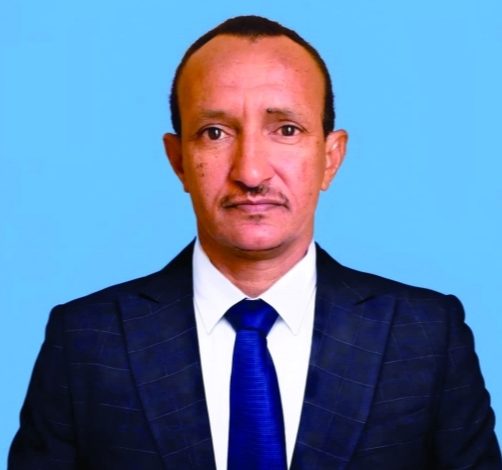Sudan Between Institutional Deadlock and the Challenges of War and Development: A Reading in Light of the Book “Why Nations Fail”

By Mohamed Yousif Al-Arki
I previously summarized this book across three articles, and in this piece, I attempt to apply some of the authors’ insights to the Sudanese context. This is an effort to open a new perspective on the Sudanese crisis, moving beyond traditional approaches.
In their book Why Nations Fail: The Origins of Power, Prosperity, and Poverty, Daron Acemoglu and James Robinson offer a fresh explanation for why some countries succeed while others falter, distancing themselves from conventional theories that attribute failure to geography, culture, or ignorance.
The authors argue that the nature of political and economic institutions is the decisive factor in a nation’s fate. Inclusive institutions that guarantee rights and distribute opportunities create an environment for success, whereas extractive institutions lead to decline and marginalization.
Viewed through this lens, Sudan’s challenges since independence largely stem from the nature of its institutions. The country has experienced alternating military and civilian rule but has failed to establish stable and inclusive institutions that ensure political participation and economic equity.
The recent war between the Sudanese Armed Forces and the Rapid Support Forces militia revealed the depth of Sudan’s institutional crisis. The conflict was not merely a military confrontation but reflected a structural flaw in Sudanese political mentality, even more than a mere power and wealth distribution issue. Despite the difficulties, the Armed Forces achieved significant battlefield victories that restored national balance and reaffirmed the state’s ability to reclaim its sovereignty.
Conversely, some opportunistic political factions sided with the militia, disregarding national and citizen interests. This reflects a crisis in political awareness and a lack of commitment to the public good, underscoring the urgent need for comprehensive reform of party and institutional structures.
Following the December Revolution, Sudan seemed to face a historic opportunity to rebuild its institutions on more inclusive and just foundations. However, this chance confronted major challenges, including divisions among political and social components, lack of national consensus on transitional priorities, and external influences that complicated the path forward.
Drawing on the book’s framework, several practical steps may help Sudan achieve progress:
- Reform political institutions to guarantee pluralism and power rotation.
- Build inclusive economic institutions that ensure equal opportunity and incentivize productivity.
- Restructure center-periphery relations to realize developmental justice.
- Strengthen education and scientific research, linking them to national development.
- Involve civil society in formulating public policies.
- Manage cultural and ethnic diversity through inclusive policies.
- Establish sustainable peace that addresses the roots of conflict and lays the foundation for a new social contract.
Sudan’s challenges are not merely due to its geography or culture but fundamentally tied to the nature of its institutions, which require radical reassessment. If Sudan aspires to a more stable and prosperous future, it must rebuild its institutions on just national principles and learn from the lessons of war to solidify the rule of law and institutional governance.



